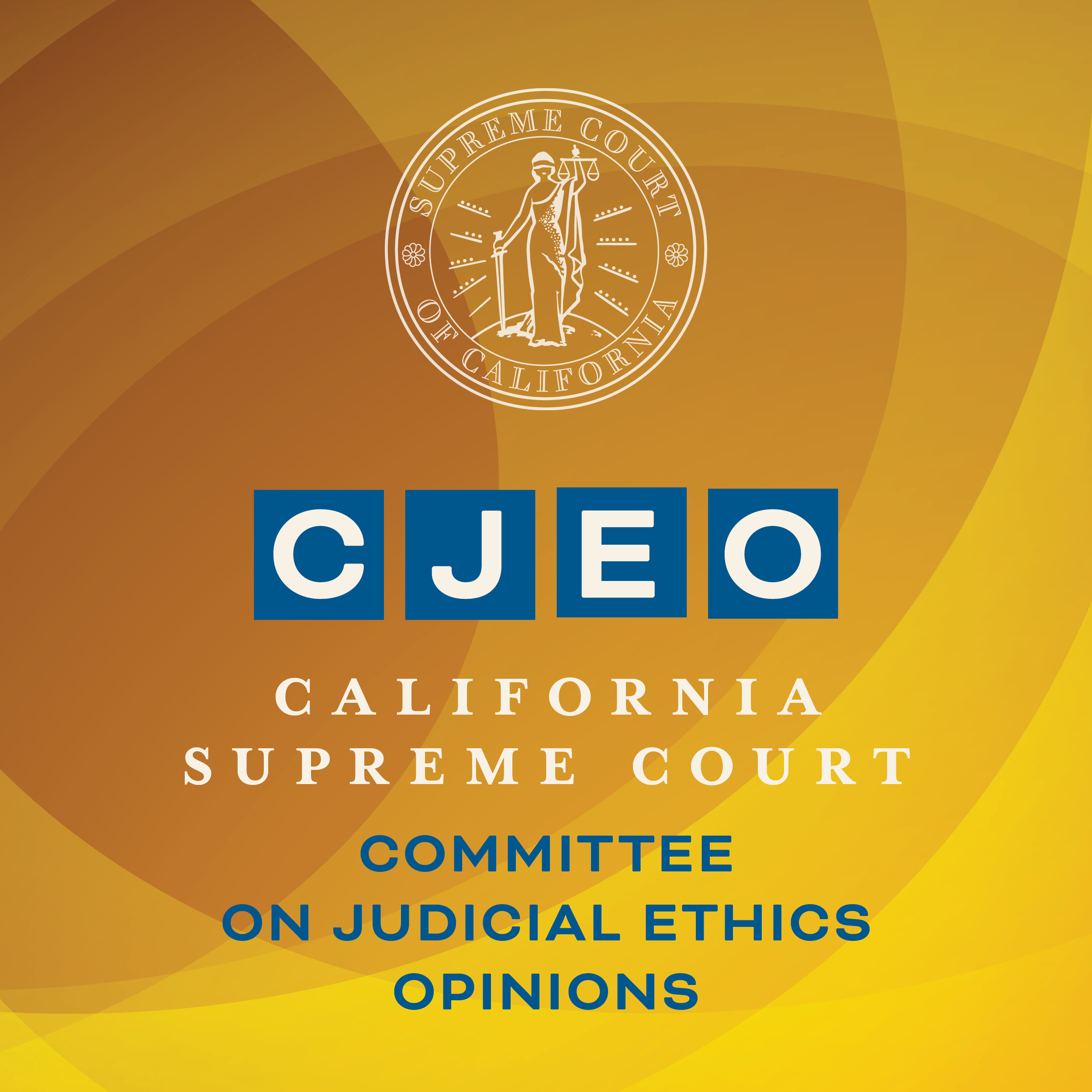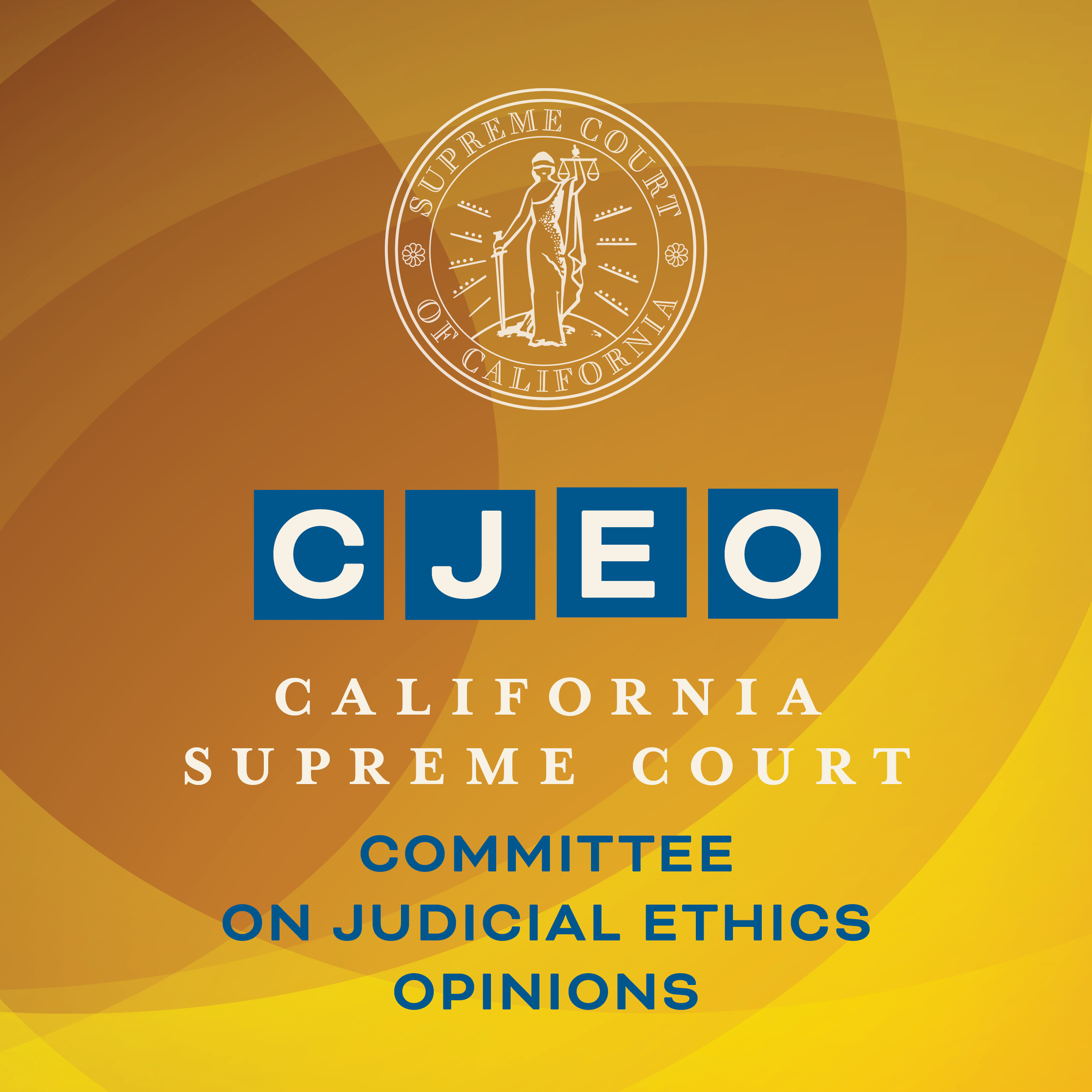Ethics Committee Advises Judges on Responding to Public Criticism
A California judicial ethics committee on Tuesday issued a formal opinion with guidance for judges responding to public criticism during a judicial election or recall campaign.
The guidance was issued by the California Supreme Court Committee on Judicial Ethics Opinions (CJEO)—a body which is appointed and authorized by, but works independently of, the California Supreme Court.
In CJEO Formal Opinion 2024-027, the committee analyzes the 2020 amendment to canon 3B(9) of the Code of Judicial Ethics, which permits, in connection with a judicial election or recall campaign, any judge to make a public comment about a pending proceeding, subject to certain restrictions. The committee outlines the ethical guardrails on the wider latitude judges now have to publicly respond to criticism:
- The comment may not affect the outcome or fairness of the proceeding; and
- It must be about the procedural, factual, or legal basis of a decision about which a judge has been criticized during an election or recall campaign.
The committee issued a draft of the opinion for public comment on August 5.
Canon 3B(9) was amended in response to the recall of Judge Aaron Persky in particular, and the rise in judicial criticism in general,” said committee member Judge Robert J. Trentacosta. “However, in the four years since, few judges have taken advantage of the greater latitude provided by the amendment. This opinion provides a road map for judges who may wish to do so.”
About the Committee on Judicial Ethics Opinions (CJEO)
The Committee on Judicial Ethics Opinions is a 12-member advisory committee that includes appellate justices, trial court judges, two retired judges, and a commissioner. The committee is appointed and authorized by the California Supreme Court, but its work is independent of the court, the Judicial Council, and all other entities. Its opinions are advisory and do not necessarily reflect the views of the California Supreme Court or any other entity.
The committee issues formal, informal, and expedited advisory opinions on proper judicial conduct pursuant to the California Code of Judicial Ethics and other authorities. CJEO’s website includes advisory opinions, resources dedicated to specific judicial assignments and issues, and extensive judicial ethics tools and resource materials for the benefit of the bench and the public.



